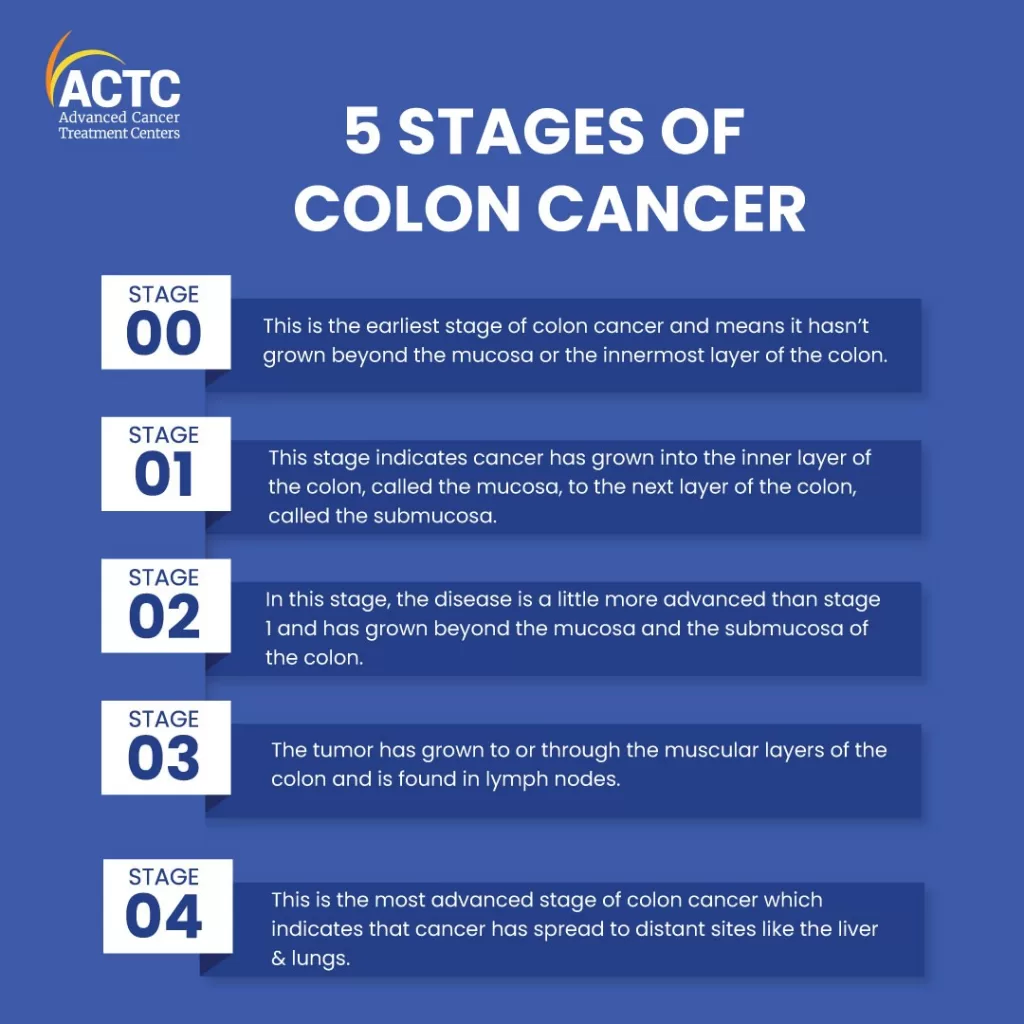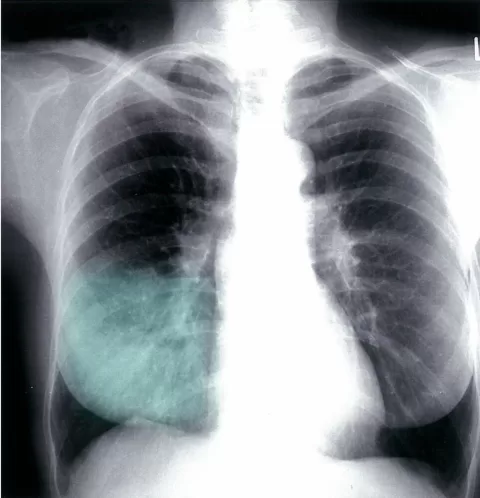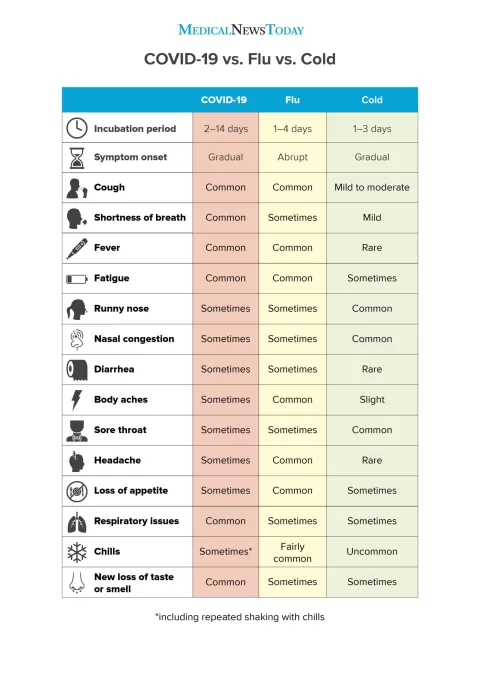Colon cancer, a formidable threat to health, has garnered increasing attention due to rising incidence rates and high-profile cases, such as that of Chadwick Boseman. With the American Cancer Society predicting approximately 107,320 new cases in the United States by 2025, awareness of colon cancer signs is more crucial than ever. Recognizing risk factors such as age, family history, and lifestyle choices can help identify individuals at higher risk. Prevent colon cancer through regular screening and adopting healthy practices, which are key components of effective colon cancer prevention tips. By investing in knowledge and proactive health measures, we can work towards reducing both the occurrence and severity of this pervasive disease.
Colorectal cancer, often referred to interchangeably with colon cancer, encompasses malignant growths in the colon and rectum. The symptoms indicative of colorectal health issues may include changes in bowel habits, discomfort, and unexpected weight loss. Understanding the risk factors—ranging from dietary influences to genetic predispositions—can empower individuals to actively engage in their health. Regular colorectal cancer screening is essential, especially for those aged 45 and above, ensuring early detection and improving treatment outcomes. Embracing preventive strategies not only enhances individual well-being but also plays a critical role in public health, potentially lowering incidence rates of this aggressive disease.
Understanding Colon Cancer: What You Need to Know
Colon cancer, also known as colorectal cancer, arises in the large intestine, specifically in the colon. This type of cancer typically begins as small, noncancerous clumps of cells called polyps. Over time, these polyps can become cancerous, leading to serious health concerns. Understanding the development process of colon cancer is crucial for recognizing symptoms and seeking timely interventions. For many, the experience may not include noticeable symptoms until the disease has progressed. Therefore, early detection through screening becomes vital.
The differentiation between colon cancer and other cancers, such as gastric cancer, is important for awareness and treatment specificity. Colon cancer often shows particular symptoms—like rectal bleeding and changes in bowel habits—that may not align with stomach cancer signs. For those at risk, being informed about these distinctions can encourage prompt medical consultations, which contribute significantly to better prognosis outcomes. Advocating for regular screenings and awareness of risk factors will pave the way for more effective treatment options for patients.
Recognizing the Signs of Colon Cancer
Identifying colon cancer signs early can make a significant difference in treatment outcomes. Symptoms such as rectal bleeding or blood in the stool often cause alarm and should not be dismissed. Additional indicators include persistent changes in bowel habits, abdominal discomfort, or unintended weight loss. If these symptoms persist, it is essential to seek professional medical advice, which may include a colorectal cancer screening aimed at detecting early-stage cancer.
Awareness of these signs can lead individuals to recognize when something is wrong, prompting them to take action. Regular assessments, especially for those over 45 or with other risk factors, are critical in catching the disease early. This health vigilance not only facilitates early intervention but may also inspire lifestyle changes and adherence to screening recommendations.
Identifying Colon Cancer Risk Factors
Understanding colon cancer risk factors is essential for prevention and early detection. Key risk factors include age, family history, and lifestyle choices. For instance, individuals aged 50 and older and those with a family history of colon cancer are significantly more susceptible to developing the disease. Lifestyle factors such as a diet high in unhealthy fats, smoking, and a sedentary lifestyle can further exacerbate these risks, making it imperative for individuals to assess their personal risk profile and make necessary changes.
Moreover, chronic inflammatory conditions like ulcerative colitis play a significant role in increasing one’s risk for colon cancer. By being mindful of these risk factors, individuals can adopt proactive measures such as regular screenings and lifestyle modifications to lower their chances of developing this disease. Education and awareness are key strategies in combating the rising incidence of colon cancer in various populations.
Preventing Colon Cancer: Effective Strategies
Colon cancer prevention begins with understanding the importance of regular screenings. The American Cancer Society recommends that individuals start screenings around age 45, or earlier if they possess risk factors such as a family history of the disease. Early detection through methods like colonoscopies can identify potentially precancerous polyps, allowing for early intervention and significantly improving survival rates.
In addition to screenings, lifestyle adjustments play a notable role in reducing colon cancer risk. This includes maintaining a balanced diet rich in whole grains, fruits, and vegetables, which are packed with essential nutrients and antioxidants that may deter cancer development. Alongside a nutritious diet, incorporating regular physical activity into daily routines helps maintain a healthy weight and bolster overall health, reducing the likelihood of colon cancer occurrence.
Colorectal Cancer Screening: What to Expect
Colorectal cancer screening is a vital process that can catch cancer at its earliest stages when it is most treatable. Common screening methods include colonoscopies, which allow doctors to view the inner lining of the colon and remove polyps if necessary. Knowing what to expect during these appointments can alleviate anxiety for many individuals. Patients are typically advised to follow specific preparation guidelines, including dietary changes and bowel prep, to ensure accurate results during the screening.
Upon completion of the screening, it’s crucial to discuss the findings with a healthcare professional. If polyps are found, they may be sent for further examination to check for cancer cells. Understanding the results and any follow-up necessary provides peace of mind and emphasizes the importance of regular screenings in the fight against colon cancer. Consistent screening not only aids in prevention but also enhances the likelihood of successful treatment outcomes.
Nutrition and Its Role in Colon Cancer Prevention
Dietary choices play a significant role in preventing colon cancer. A diet high in fiber, with ample fruits, vegetables, and whole grains, can support digestive health and potentially lower cancer risk. Foods such as berries, broccoli, and legumes are abundant in beneficial compounds that may help in preventing harmful cellular changes in the colon. Staying hydrated and choosing healthy fats over saturated fats can also be beneficial.
Moreover, moderation is key in lifestyle choices that could impact colon health. Limiting processed foods, red meats, and alcohol consumption can contribute positively to reducing cancer risks. By adopting a well-rounded diet and making conscientious dietary decisions, individuals can create a healthy lifestyle that supports their overall well-being and minimizes the likelihood of developing colon cancer.
Physical Activity: A Key Element in Colon Cancer Prevention
Regular physical activity is an essential component of a holistic approach to colon cancer prevention. Engaging in at least 150 minutes of moderate exercise per week helps maintain a healthy weight, which is crucial since obesity is a known risk factor for colon cancer. Activities can range from brisk walking, cycling, or swimming, making it important for individuals to find a form of exercise they enjoy to promote consistent participation.
In addition to weight management, physical activity has beneficial effects on the digestive system. Exercise encourages regular bowel movements and can help reduce the time it takes for food to move through the intestines, potentially lowering the risk of developing polyps. By committing to an active lifestyle, individuals not only improve their overall health but also significantly decrease their odds of facing colon cancer.
Lifestyle Changes to Reduce Colon Cancer Risk
Making positive lifestyle changes is a proactive way to reduce the risk of colon cancer. Quitting smoking and moderating alcohol intake are critical steps that can significantly improve health outcomes. Smoking has been linked to various forms of cancer, including colon cancer, while excessive alcohol consumption also raises risks. By reducing these harmful habits, individuals can create a healthier environment for their bodies.
Additionally, managing stress levels through relaxation techniques or mindfulness can enhance overall well-being. Chronic stress can detrimentally affect physical health, leading to choices that might increase cancer risk. By adopting healthier coping mechanisms and striving for a balanced lifestyle, one can substantially diminish the chances of encountering colon cancer in later life.
The Importance of Family History in Understanding Colon Cancer
Family history plays a vital role in assessing colon cancer risk. Individuals with relatives who have had colon cancer, especially at a young age, should engage in discussions with healthcare providers about initiating screenings earlier than the standard recommendation. Genetic factors can significantly influence an individual’s likelihood of developing colon cancer, making awareness of family health history essential.
Next-generation sequencing and genetic testing can provide additional insight, offering an opportunity for families to understand their risks better. Establishing a clear family health tree not only promotes awareness but encourages routine screenings and preventive measures for at-risk individuals. This proactive approach can significantly reduce colon cancer incidence through informed decisions and timely interventions.
Frequently Asked Questions
What are the early signs of colon cancer to look out for?
Early signs of colon cancer include symptoms such as bleeding from the rectum, blood in the stool, changes in bowel habits, and abdominal discomfort. If you notice persistent diarrhea or constipation, a sensation of incomplete bowel movements, or sudden weight loss, it’s important to consult a healthcare professional for assessment.
What risk factors contribute to colon cancer?
Colon cancer risk factors include being over 50 years old, having a family history of colon cancer, and chronic conditions like ulcerative colitis or Crohn’s disease. Additionally, a diet high in fat and low in fiber, smoking, excessive alcohol consumption, obesity, and a sedentary lifestyle can increase your risk of developing colon cancer.
How can I prevent colon cancer?
To prevent colon cancer, regular screenings starting around age 45 are essential, especially if you have risk factors. Maintaining a balanced diet rich in fruits, vegetables, and whole grains, limiting alcohol and smoking, and engaging in regular physical activity can significantly reduce your risk.
What are some effective colon cancer prevention tips?
Effective colon cancer prevention tips include regular screening for those at risk, a nutritious diet high in fiber and antioxidants, moderation in alcohol consumption, avoiding smoking, and staying physically active. Aim for at least 150 minutes of exercise weekly to help lower your risk.
When should I start screening for colon cancer?
The American Cancer Society recommends that individuals start screening for colon cancer at age 45. However, those with increased risk factors, such as family history or specific medical conditions, may need to begin screening earlier. Consult your doctor for personalized advice.
How does diet impact colon cancer risk?
Diet plays a critical role in colon cancer risk; a diet low in fiber and high in processed foods can increase the risk. Incorporating fiber-rich foods such as fruits, vegetables, whole grains, and legumes can promote colon health and potentially prevent colon cancer.
Are there specific demographics more affected by colon cancer?
Yes, colon cancer affects demographics differently. Rates are lower in women, but they are more likely to develop right-sided colon cancer, which can be more aggressive. Additionally, rates among individuals under 55 have been rising, making awareness among younger adults crucial.
Can lifestyle changes really reduce colon cancer risk?
Yes, significant lifestyle changes can reduce colon cancer risk. Regular exercise, maintaining a healthy weight, nutritious eating, and moderating alcohol intake and smoking are proven methods to lower the chances of developing colon cancer.
| Key Points | Details |
|---|---|
| What is Colon Cancer? | An abnormal growth of polyps in the colon that can become cancerous, requiring regular screenings especially for those at risk. |
| Signs of Colon Cancer | – Bleeding from the rectum – Blood in stool – Sense of incomplete bowel evacuation – Changes in bowel habits – Constipation or diarrhea – Regular abdominal pain or cramps – Sudden weight loss |
| Risk Factors for Colon Cancer | – Age 50+ – Family history of colon cancer – Chronic inflammatory bowel conditions – Poor diet low in fiber – Alcohol and smoking – Inactive lifestyle – Obesity |
| Prevention Tips | 1. Start screenings at age 45 or earlier with risk factors. 2. Eat a diet high in fruits, vegetables, and whole grains. 3. Practice moderation in alcohol consumption and smoking. 4. Engage in regular physical activity (150 minutes per week). |
Summary
Colon cancer is a significant health concern that requires attention to its signs, risks, and preventive measures. With an alarming increase in cases among younger individuals and a lack of symptoms in early stages, awareness is crucial. By understanding the factors and committing to preventive strategies, such as regular screenings and healthy lifestyle choices, individuals can significantly reduce their risk of developing colon cancer.
The content provided on this blog (e.g., symptom descriptions, health tips, or general advice) is for informational purposes only and is not a substitute for professional medical advice, diagnosis, or treatment. Always seek the guidance of your physician or other qualified healthcare provider with any questions you may have regarding a medical condition. Never disregard professional medical advice or delay seeking it because of something you have read on this website. If you believe you may have a medical emergency, call your doctor or emergency services immediately. Reliance on any information provided by this blog is solely at your own risk.








